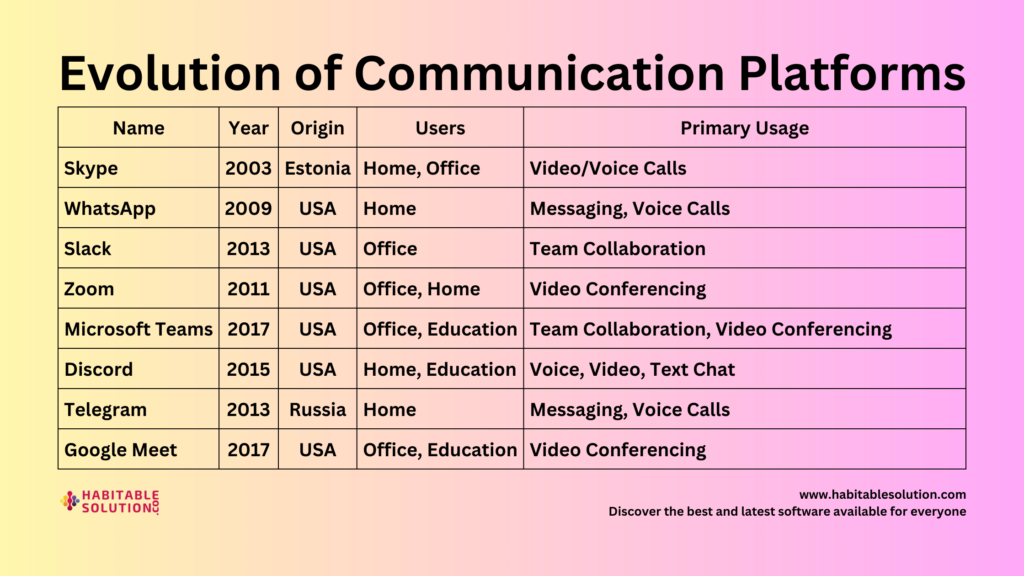Ever wonder why your Google search results differ from someone else’s? It’s all about personalization! Google tailors what you see based on your search history, location, device type, language settings, and even trending topics. This helps give you the most relevant info, but also means no two searches are the same. Want more neutral results? Try incognito mode or sign out!
Here are the top five search queries related to the topic of personalized Google search results:
- Impact of location on Google search results
- Why do Google search results vary between users
- How does Google personalize search results
- Factors influencing Google search result differences
- Google search personalization settings
In today’s connected world, finding accurate and relevant information quickly is crucial. Google, as the dominant search engine, plays a significant role in directing the information users see. However, you may have noticed that the same search term entered by two different people can yield different results. This discrepancy is rooted in Google’s complex algorithms, designed to personalize and tailor search experiences based on a myriad of factors. Here’s why your Google search results may differ from someone else’s.
1. Personalized Search History
Google personalizes search results based on your past searches, clicks, and browsing behavior when you are logged into your Google account. This customization means that if you often search for cybersecurity topics or certain types of articles, Google will prioritize showing you related content in future searches. Personalized search is intended to provide more relevant results based on what Google perceives to be your interests.
For example, a user who frequently visits cybersecurity blogs may see more articles and news related to cybersecurity breaches when they search for “cybersecurity,” while another user might primarily see resources or courses.
2. Location Data
Google uses your geographical location to fine-tune your search results. This feature helps deliver more locally relevant content. If you search for “cybersecurity jobs,” you’re more likely to see job listings from your region or city. Similarly, queries related to conferences or events may prioritize those occurring near your location.
3. Device Type Optimization
The device you use to conduct your search plays a role in how Google curates your results. A search conducted on a mobile device, for example, may yield results that prioritize mobile-friendly websites and content. This optimization ensures that users have the best possible browsing experience regardless of their device.
4. Language and Regional Preferences
Language settings and regional preferences also influence search results. If your device or browser settings are configured to display content in a particular language, Google may prioritize websites in that language. Additionally, certain topics may have more localized coverage in some regions, and Google will adjust search rankings accordingly.
5. Search Context and User Intent
Google’s algorithms constantly aim to understand the intent behind a search query. Over time, the search engine has evolved to interpret meaning and provide results it believes align with what users are looking for. If you often search for technical papers, for example, Google may tailor your search results to academic and technical resources. In contrast, someone searching casually may see blog posts, news articles, or videos first.
6. Search Engine Optimization (SEO) Strategies
Websites often employ search engine optimization (SEO) strategies to boost their visibility on Google. These strategies include keyword targeting, content structure, backlinks, and more. Google’s algorithm takes all these factors into account when ranking results. However, this ranking isn’t uniform for all users—Google’s intent is to display results deemed most relevant based on user context, search history, and local preferences.
7. Real-Time Trends and Algorithm Updates
Google constantly updates its algorithms and can prioritize newer or trending content when relevant. This means that search results may vary over time, with newer articles or more relevant stories getting prominence. For example, during major cybersecurity incidents or breaches, you may notice your search results are dominated by breaking news and analysis of the event.
Conclusion
The differences in Google search results for different users are driven by a complex web of personalization and optimization mechanisms. While this personalization helps deliver tailored, useful information, it also shapes how individuals perceive and access online content. Understanding why these variations occur allows you to leverage Google searches more effectively by being aware of what factors may be influencing your results. Ultimately, recognizing these nuances equips you to better navigate the vast sea of information online and maximize the potential of each search query you make.
Tips to Optimize Your Search Experience
- Use Incognito Mode: To bypass some personalization factors, you can search in incognito mode for more neutral results.
- Adjust Your Location Settings: Temporarily change your location settings if you’re searching for results relevant to another area.
- Sign Out of Google Accounts: To limit search customization, sign out of your account before searching.
- Experiment with Keywords: Slightly modifying your search terms can provide different perspectives and content.
By understanding these underlying factors, you can make more informed decisions and tailor your search experience to best meet your needs.
cybersecurity, penetration testing, ethical hacking, network security, web security, hacking tutorials, information security, security tools, vulnerability testing, ethical hacking tutorials, website hacking, cyber defense, IT security, security research, digital forensics, malware analysis, cybersecurity training, security audits, Wi-Fi security, cyber threats, exploit development, security testing, web application security, Kali Linux, pentesting, network analysis, security consulting, hacking tools, ethical hacker community





